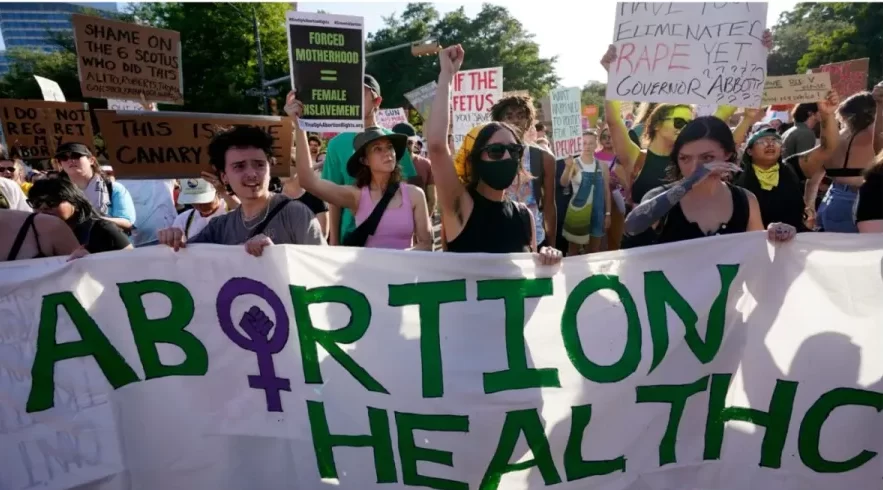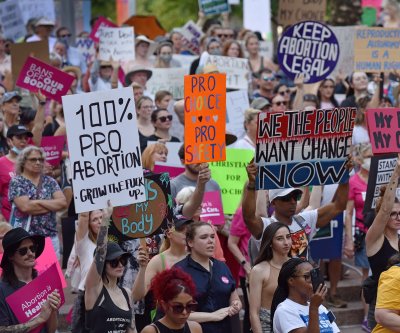A recent study has projected that nearly 65,000 pregnancies resulting from rape have occurred since the overturn of Roe v. Wade in states with complete abortion bans.
The research, featured in the JAMA Internal Medicine journal on Wednesday, outlines that 519,981 reported cases of rape have led to 64,565 pregnancies in the 14 states that implemented abortion bans post the Dobbs decision in 2022.
Researchers representing Planned Parenthood and Resound Research for Reproductive Health emphasized that the majority of these states lack exceptions permitting abortion in cases of rape, and if exceptions exist, they often necessitate the reporting of the rape to authorities.
The states under consideration include Alabama, Arkansas, Idaho, Indiana, Kentucky, Louisiana, Mississippi, Missouri, North Dakota, Oklahoma, South Dakota, Tennessee, Texas, and West Virginia.

Study Estimates Nearly 65,000 Pregnancies Resulting from Rape in States with Abortion Bans (Credits: KSN TV
According to the study, it is indicated that “few, if any,” of the women and girls facing pregnancies resulting from rape were able to legally obtain in-state abortions, underscoring the ineffectiveness of rape exceptions in providing practical access to abortion for survivors.
The study suggests that survivors in states with abortion bans may resort to self-managed abortions or attempt to travel to states where abortion is legal, often leaving them with limited alternatives to carry the pregnancy to term.
The researchers estimated that Texas accounted for 45% of the rape-related pregnancies, totaling 26,313, a significantly higher number than the second-ranked state, Missouri, with an estimated 5,825 pregnancies.
Dr. Samuel Dickman, the medical director for Planned Parenthood Montana and a leader in the research, highlighted the challenge of accurately measuring sexual assaults, acknowledging the difficulty in capturing experiences that are often stigmatized.
Despite using data from the Centers for Disease Control and Prevention (CDC), the researchers acknowledged that sexual assault is prevalent, and the estimates of rape-related pregnancies in states with abortion bans underscore the limited access to legal abortions for individuals who have been raped and become pregnant.
Dr. Dickman expressed the difficulty in comprehending the high estimates of rape-related pregnancies in states where meaningful abortion access is lacking.























